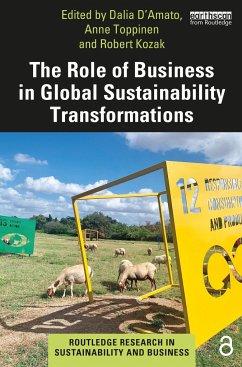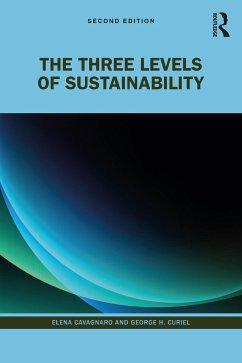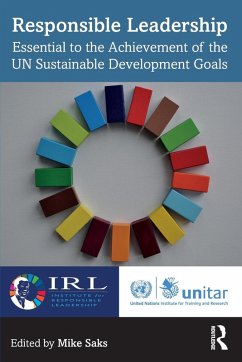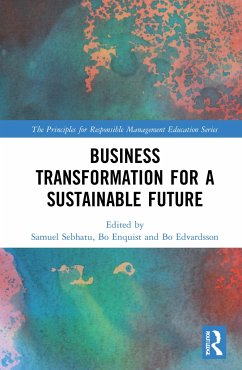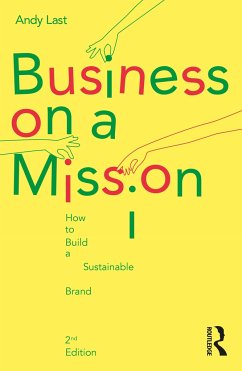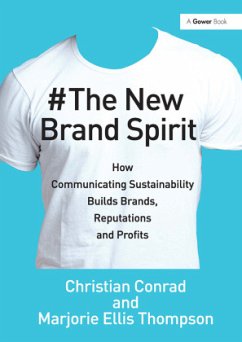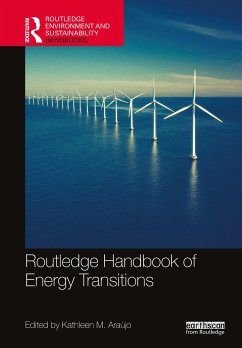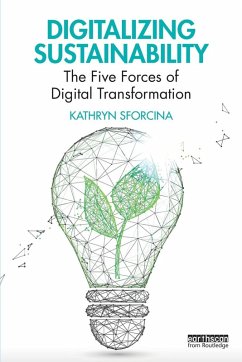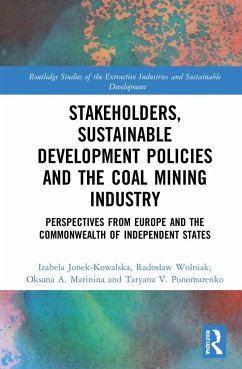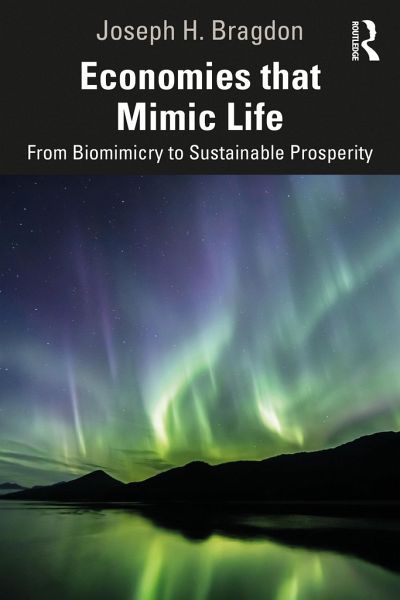
Economies that Mimic Life
From Biomimicry to Sustainable Prosperity
Versandkostenfrei!
Versandfertig in 6-10 Tagen
40,99 €
inkl. MwSt.

PAYBACK Punkte
20 °P sammeln!
The world economy today is at an historical inflection point. The neoclassical (industrial) model of economics is self-destructing while a new life-mimicking model, based on radically different assumptions, is emerging. Although rarely acknowledged in economic journals, Nordic countries, which pioneered the life-mimicking model, have become world leaders in prosperity and productivity while those operating on the older neoclassical/industrial model are trapped in downward spirals.By approaching economies as sub-systems of life rather than super-systems that transcend life, we gain transformati...
The world economy today is at an historical inflection point. The neoclassical (industrial) model of economics is self-destructing while a new life-mimicking model, based on radically different assumptions, is emerging. Although rarely acknowledged in economic journals, Nordic countries, which pioneered the life-mimicking model, have become world leaders in prosperity and productivity while those operating on the older neoclassical/industrial model are trapped in downward spirals.
By approaching economies as sub-systems of life rather than super-systems that transcend life, we gain transformative insights. Such thinking led to the first circular economy experiments in Kalundborg (Denmark) during the 1970s, then quickly spread to the rest of the Nordic world. By placing a higher value on living assets (people and Nature) than on non-living capital assets, this approach generates harmony rather than exploitation and conflict. Because Nordic people feel vested in the system and responsible for its success, they are extraordinarily innovative and productive. That is why Nordic companies are regularly rated among the world's most sustainable and profitable in their fields - even though their region holds less than half of one percent of the world's population.
Written in an accessible way for non-economists, the book is ideal for readers interested in the benefits of biomimicry and methods of guiding democratic countries along a proven path of self-renewal. Economies That Mimic Life will also provide useful background for corporate leaders in scenario planning and strategic thinking. Knowing which way the political-economic wind is blowing will become increasingly important to corporate survival.
By approaching economies as sub-systems of life rather than super-systems that transcend life, we gain transformative insights. Such thinking led to the first circular economy experiments in Kalundborg (Denmark) during the 1970s, then quickly spread to the rest of the Nordic world. By placing a higher value on living assets (people and Nature) than on non-living capital assets, this approach generates harmony rather than exploitation and conflict. Because Nordic people feel vested in the system and responsible for its success, they are extraordinarily innovative and productive. That is why Nordic companies are regularly rated among the world's most sustainable and profitable in their fields - even though their region holds less than half of one percent of the world's population.
Written in an accessible way for non-economists, the book is ideal for readers interested in the benefits of biomimicry and methods of guiding democratic countries along a proven path of self-renewal. Economies That Mimic Life will also provide useful background for corporate leaders in scenario planning and strategic thinking. Knowing which way the political-economic wind is blowing will become increasingly important to corporate survival.





